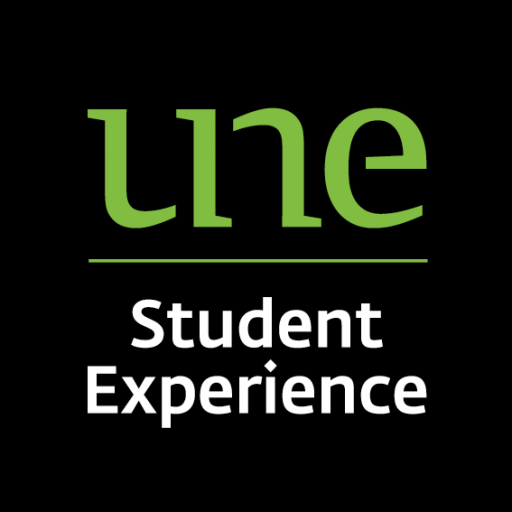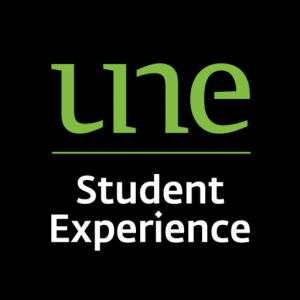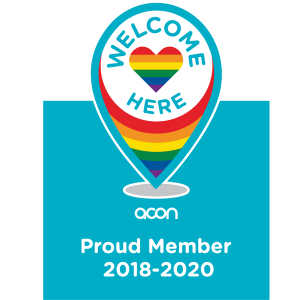So you’ve finished your degree. Now what?
The sun is shining, the birds are singing and the clouds are parting. Must mean that you’ve finished your degree. Congratulations. You’ve worked hard and have accomplished a great deal to make it to this point.
But now begs the question, what happens now?
You may have asked yourself this question multiple times or not at all, but no matter how you’re feeling for getting to this point, the journey isn’t over yet because now comes the really tricky part. Finding a job. Cue scary music.
There is no silver platter.
A graduate, with a degree or two, is a great position to be in. However, it does not warrant you an automatic job. This is a misconception for many graduates, who assume that by having a degree, you are automatically handed a job on a silver platter. Finding and applying for a job requires applicants to have some self-awareness of character and in many instances, takes a lot of persistence. The job market is a jungle and every job is competed for. So in an effort to make it a little easier, I have compiled a list of few things that are going to make applying for job a little less daunting.
Apply for many, many jobs.
As a graduate, it is most likely that you are not going to land that sweet managers role, or even the role you think you’re qualified for. Sometimes it is the roles that you are least expecting that give you the most learning experience. And as a graduate, the more experience that you can gain, the more employable you are. So apply, apply, apply. Apply for everything and anything that relates to your degree and what you’ve studied. Just because you apply for one job, even if you have the bells and whistles of a degree and achievements, does not mean you will automatically receive that job. So applying for everything you can is going to give you a better chance of success when submitting job applications
Have a functional resume
A functional resume is a great way to showcase how you would fit into a jobs specific requirements. This type of resume is different from a traditional resume where you list your employment history first. A functional resume lists your skills first, meaning what you’re good at, as a way to relate these skills to what the job requires of its applicants. It helps to demonstrate your experiences and abilities. These skills can include social, interpersonal, technological, communicative etc. As a UNE student, you have access to many resources that can help you with your resumes. In particular, you can send your resumes into Employability and Careers and they can edit and look over your resumes, to make sure you’re on the right track. You can also self-enrol into a Careers Online Moodle unit that can help you work towards your desired career path and help you develop a functional resume that will assist you in standing out. By having a functional resume, you are putting what you have learnt and the skills you have developed at the forefront of the employers mind.
Be proactive
When applying for jobs, you are also competing against a lot of other potential candidates. With this in mind, it can be very tricky for employers, who receive hundreds of emails daily, to decipher what applicants are real and which ones are generic. They receive a lot of junk day to day. As a way to put yourself out there as a potential employee, taking the steps to make personal contact with the company can be a very wise move. Making the time to call the company, to find out their policies and procedures, can lead to a better outcome for your application, rather than just emailing and crossing your fingers. It helps to establish you as a proactive graduate, and this can look ten times better than an achievement on a piece of paper.
Get creative
Get creative with your job search. Yes, you can find great job opportunities through websites like Seek and Indeed. However, being creative with your job search might also be beneficial in that it can limit the amount of applicants fighting for that job. For example, LinkedIn is a great way to get creative with your job search. Having a LinkedIn account, where you can list employable attributes, skills and past employment is really beneficial because it means that employers and recruiters can see your profile and attributes without you having to send a resume anywhere. You can also select to have your profile state that you are open to employment and looking for work, which means that employers and recruiters can approach you directly. Having a LinkedIn account is also great because it means that you can search jobs in your field and set job alerts for specific words or phrases. This allows you to receive alerts anytime a new job is listed that’s in your field, meaning you can be one of the first applicants and therefore may have a better chance.
Now that you’ve finished your degree, having the right mindset and tools means that you can apply confidently for employment opportunities. With the tips and tricks above, you can now tackle the ‘what happens now’ questions with ease because now you have the insight and skills to feel confident to apply for everything and anything!
If you have any questions and not sure where to look, contact Employability and Careers at careers@une.edu.au for help and advice.





The advice about a linkedin account is very timely, Amy. In human services fields ethicaljobs.com.au is another good source of jobs. And about being creative, non-government organisations that list are also often advertising for graphic designers, event organisers, fundraisers. So this site will not only be useful to people looking for careers in human services, IT, business graduates etc.would find ethicaljobs.com.au useful too.
Thanks Sandy, that looks like a great resource for students and graduates. We appreciate you sharing!
“So apply, apply, apply. Apply for everything and anything that relates to your degree and what you’ve studied.”
And for each application pretend that that company is the ONLY one you want to work for; NOT that you:
– applied to hundreds of things that relate to your degree
– couldn’t care less which it is so long as you have some job so that you don’t starve to death
– would quit in a heartbeat if you won the lottery, to escape the rat race and 50 years of wage slavery